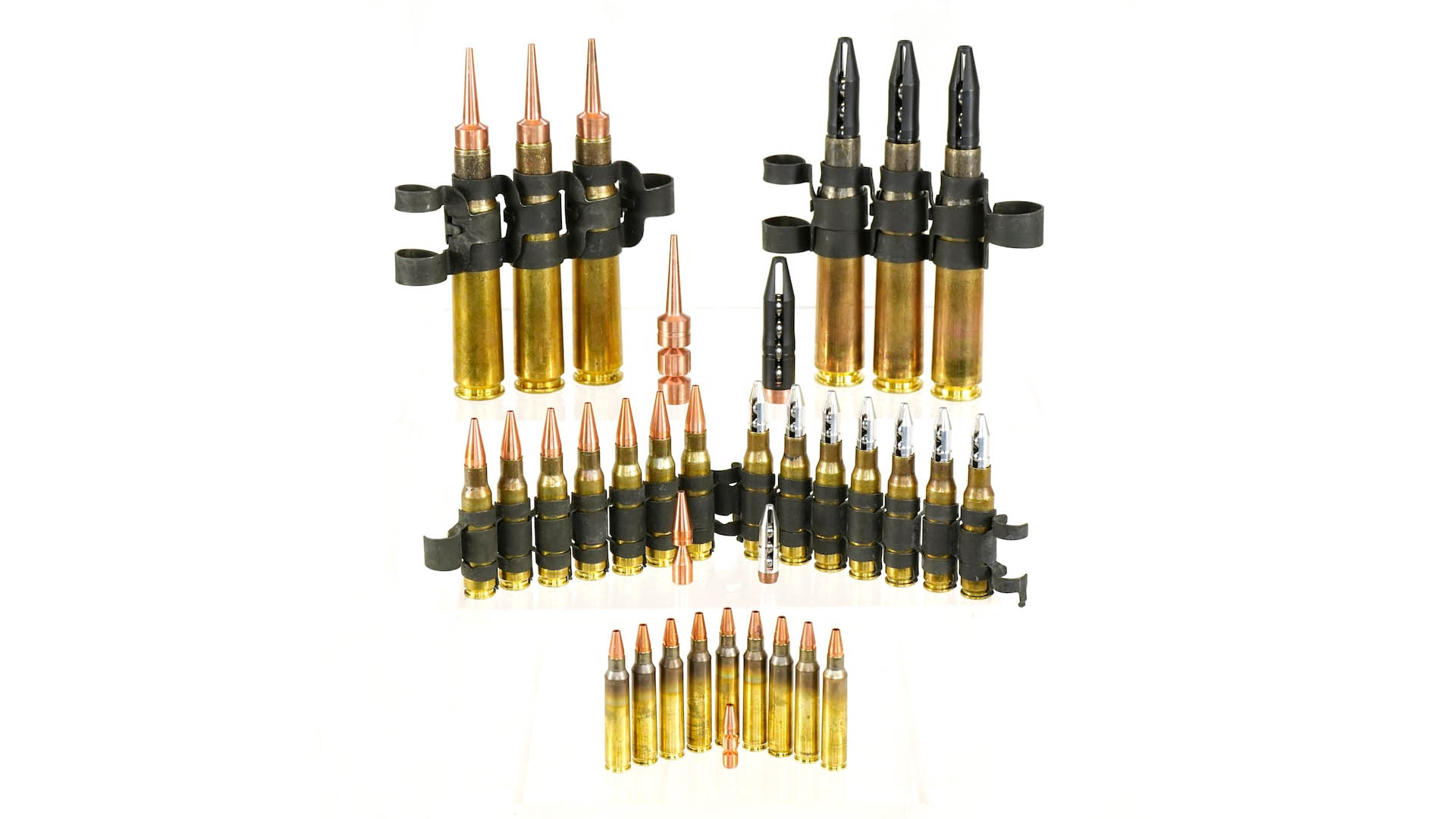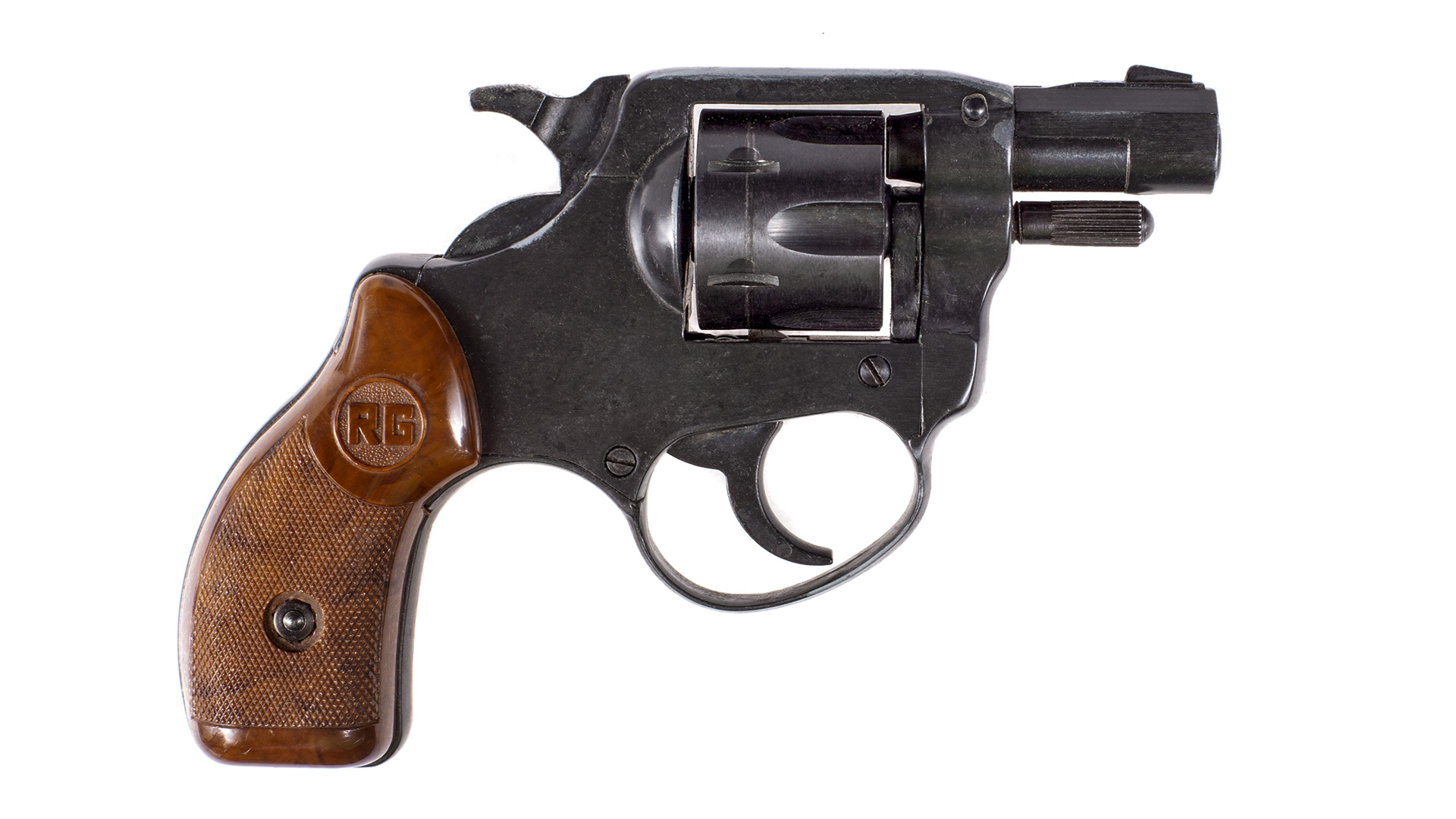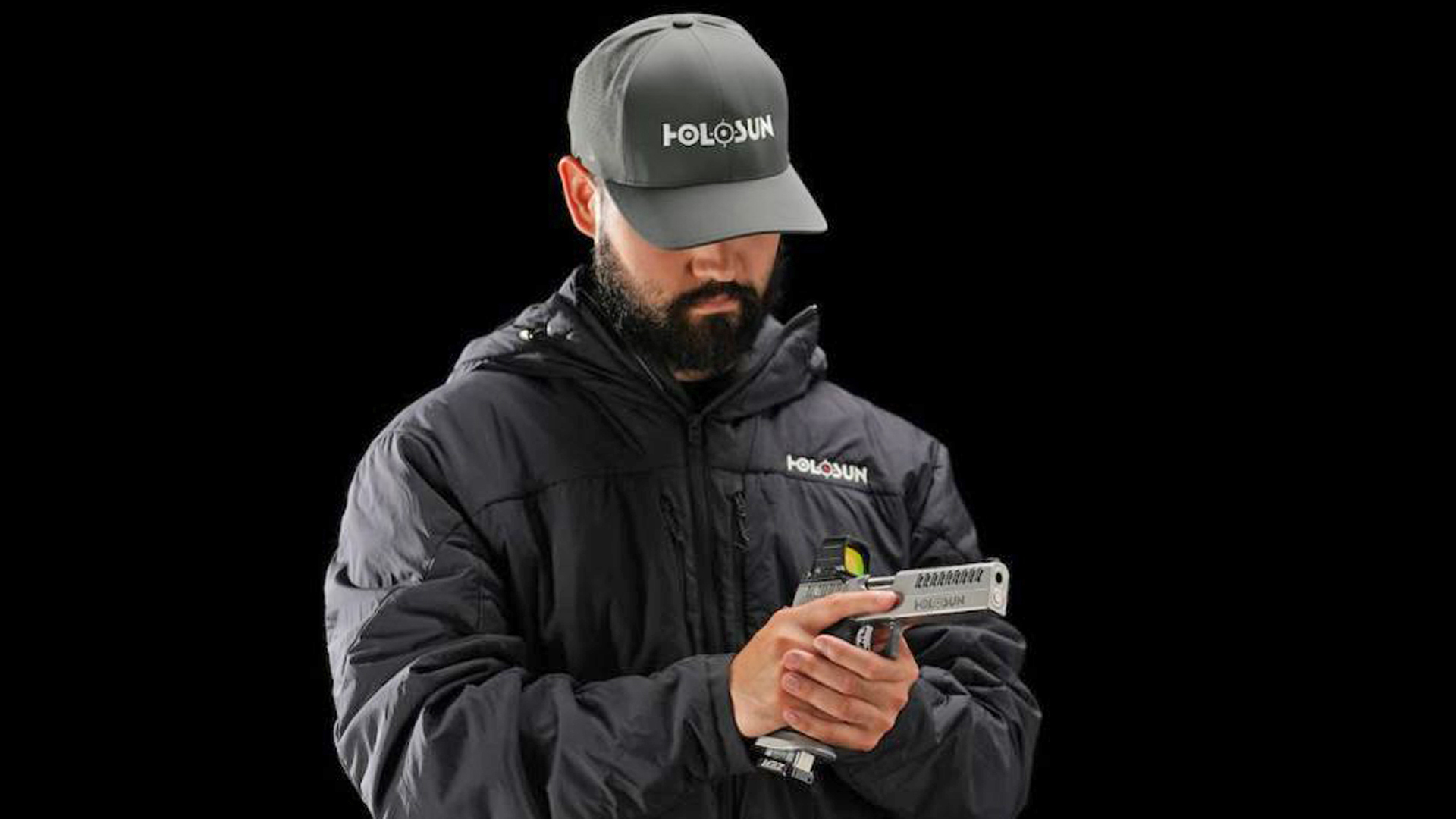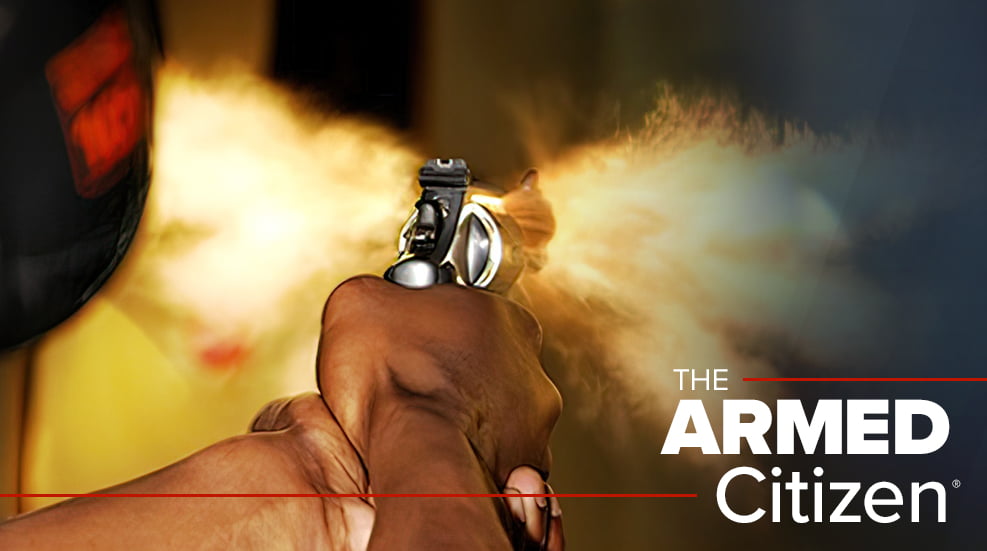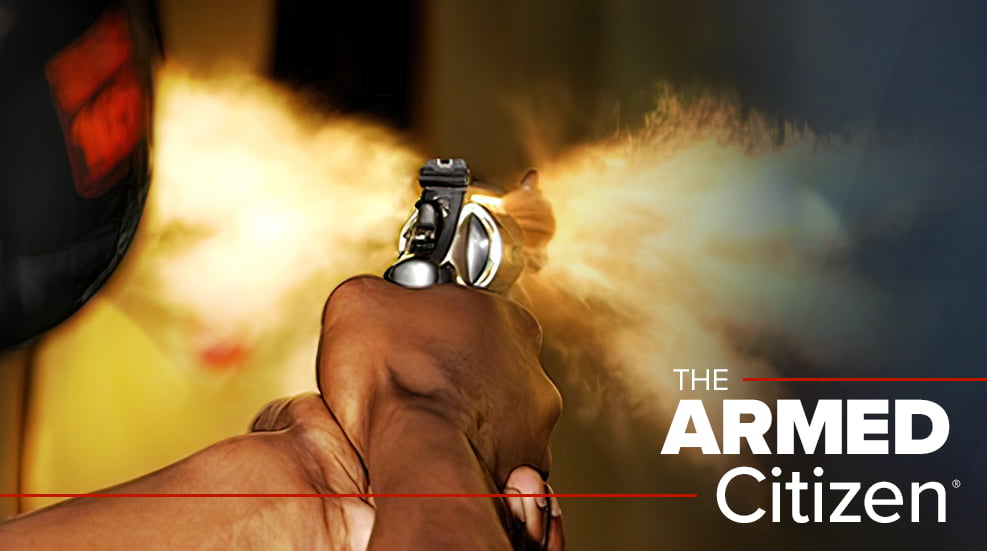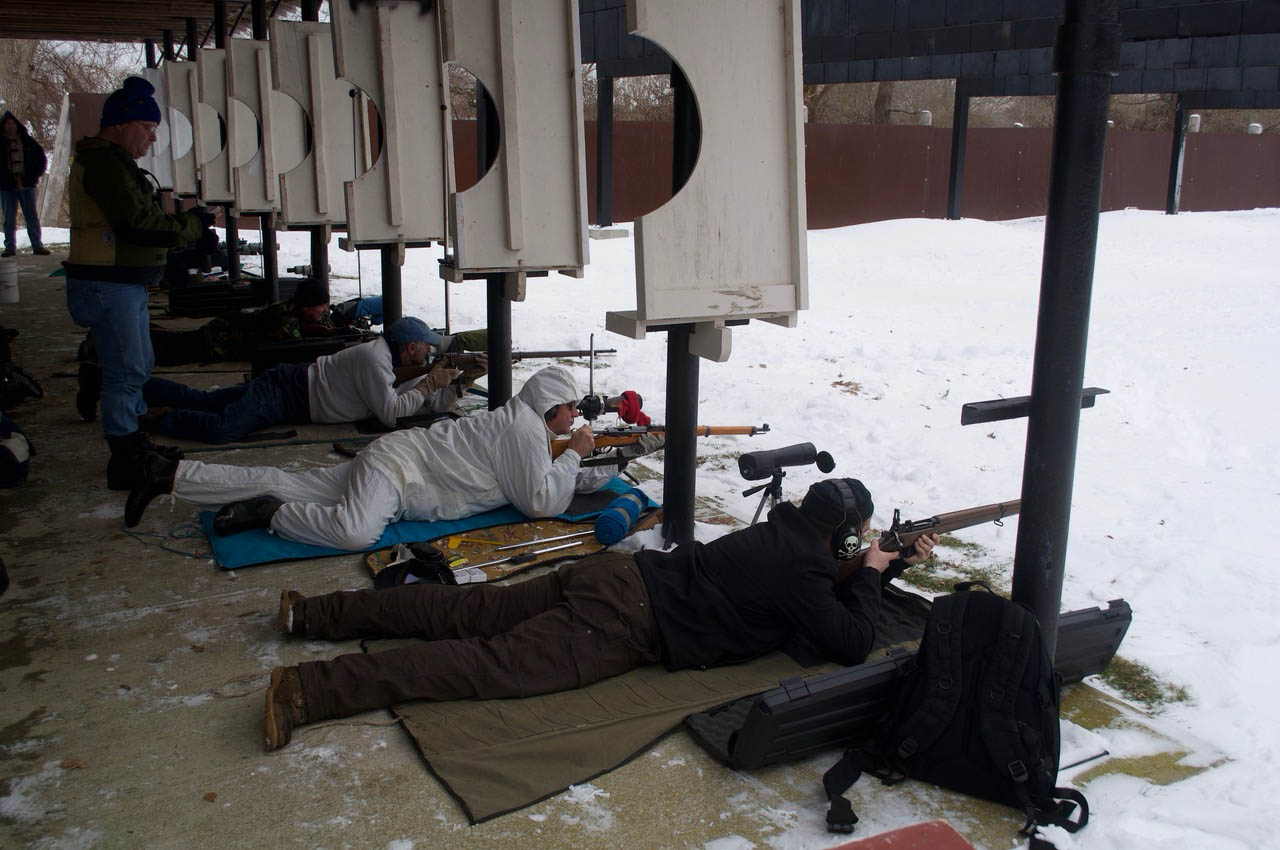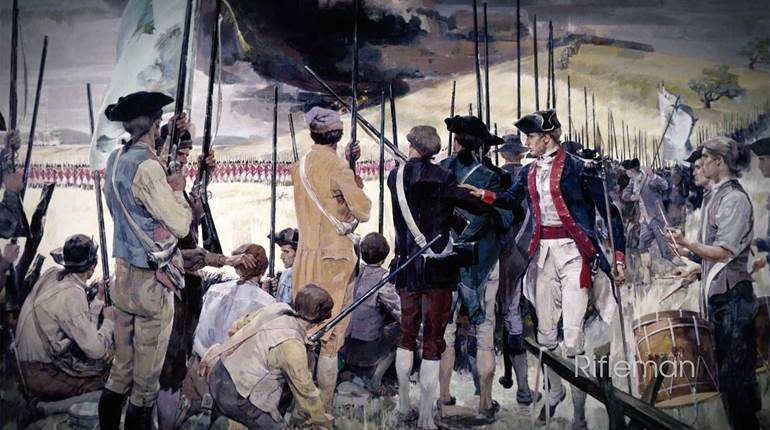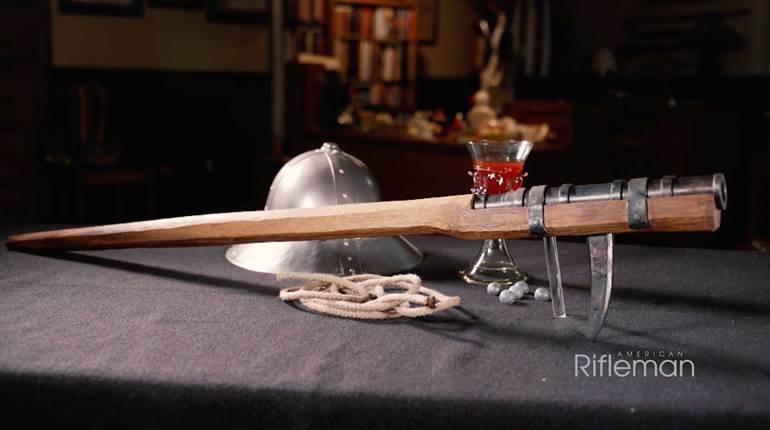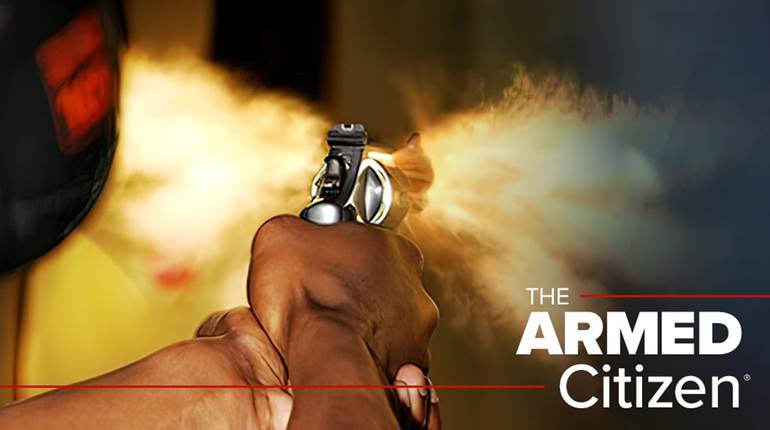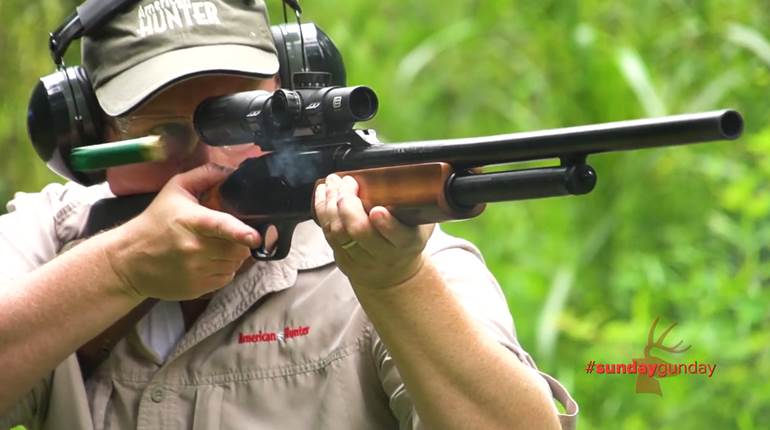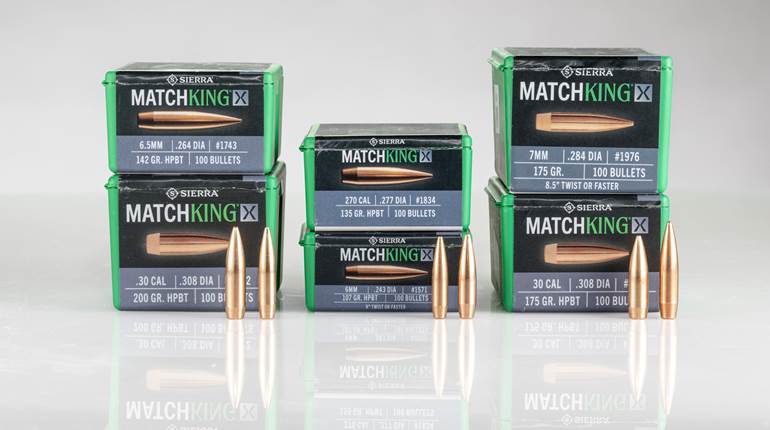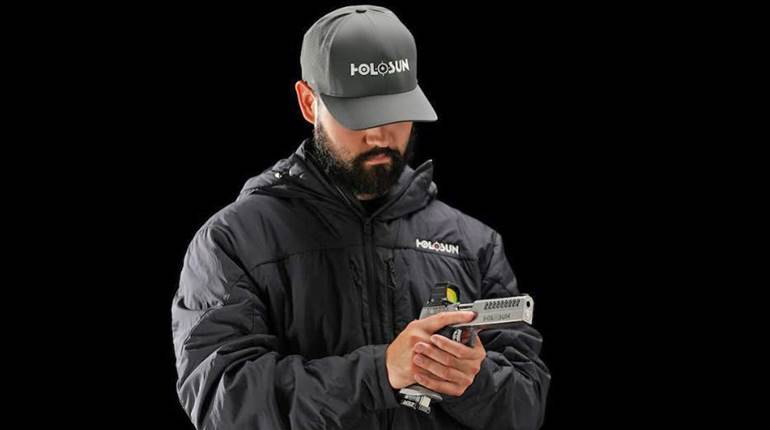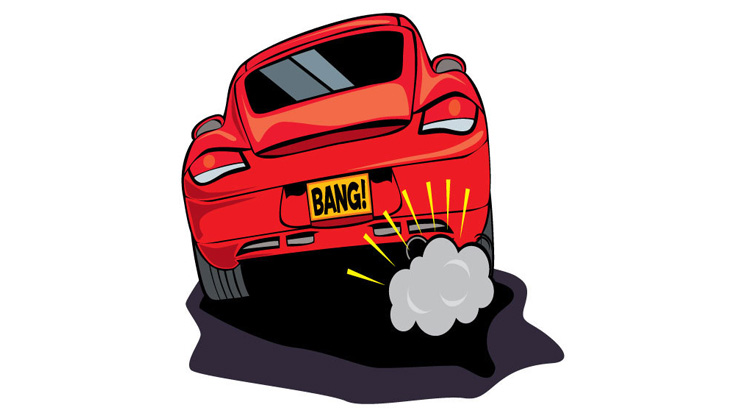
shutterstock.com image
The San Antonio, Texas, 2018 budget does not include funding for ShotSpotter—despite the fact the city paid for installation of the controversial service last year—a technology that allegedly uses microphones to triangulate and provide the location of gunshots to subscribing law enforcement agencies. The San Antonio Express-News explained, “In the 15 months it’s been in operation, officers have made only four arrests and confiscated seven weapons that can be attributed to ShotSpotter technology, Police Chief William McManus said.” Four misdemeanor charges of discharging a firearm and one for possession of narcotics were the result.
The crime rate in the neighborhoods where it was installed has not declined, despite the lofty $378,000 price tag. Add law enforcement overtime associated with the system, and the newspaper calculated the cost per arrest was $136,500.
ShotSpotter’s backbone is built on microphones that allegedly filter out ambient noise, then detect and timestamp louder impulses, like bangs at different locations across the city. A company blog post explains, “And when we deploy the system, we’ll build an array out—a network of sensors—and there will typically be 15 to 20 sensors per square mile, although in the case of New York City, because of the acoustic environment with buildings and noise, I think we’re [at] more like 20 or as many as 25 sensors per square mile in certain locations.” When a loud noise is detected, the information is relayed to the company’s California headquarters, where software and acoustics experts determine if local law enforcement should be notified. On the Fourth of July, the system kept for NYPD unnecessarily busy.
Errant alerts are nothing new. Back in 2010, Britain’s West Midlands Police Department was giving them a second try, and determined of the 1,618 alleged gun shots, only two could be confirmed as being initiated by firearms.
And the microphones can hear more than just car backfires, gun shots and fireworks. A man was arrested in New Bedford, Mass., in 2012, when the system recorded a loud argument prior to a gunshot.

















